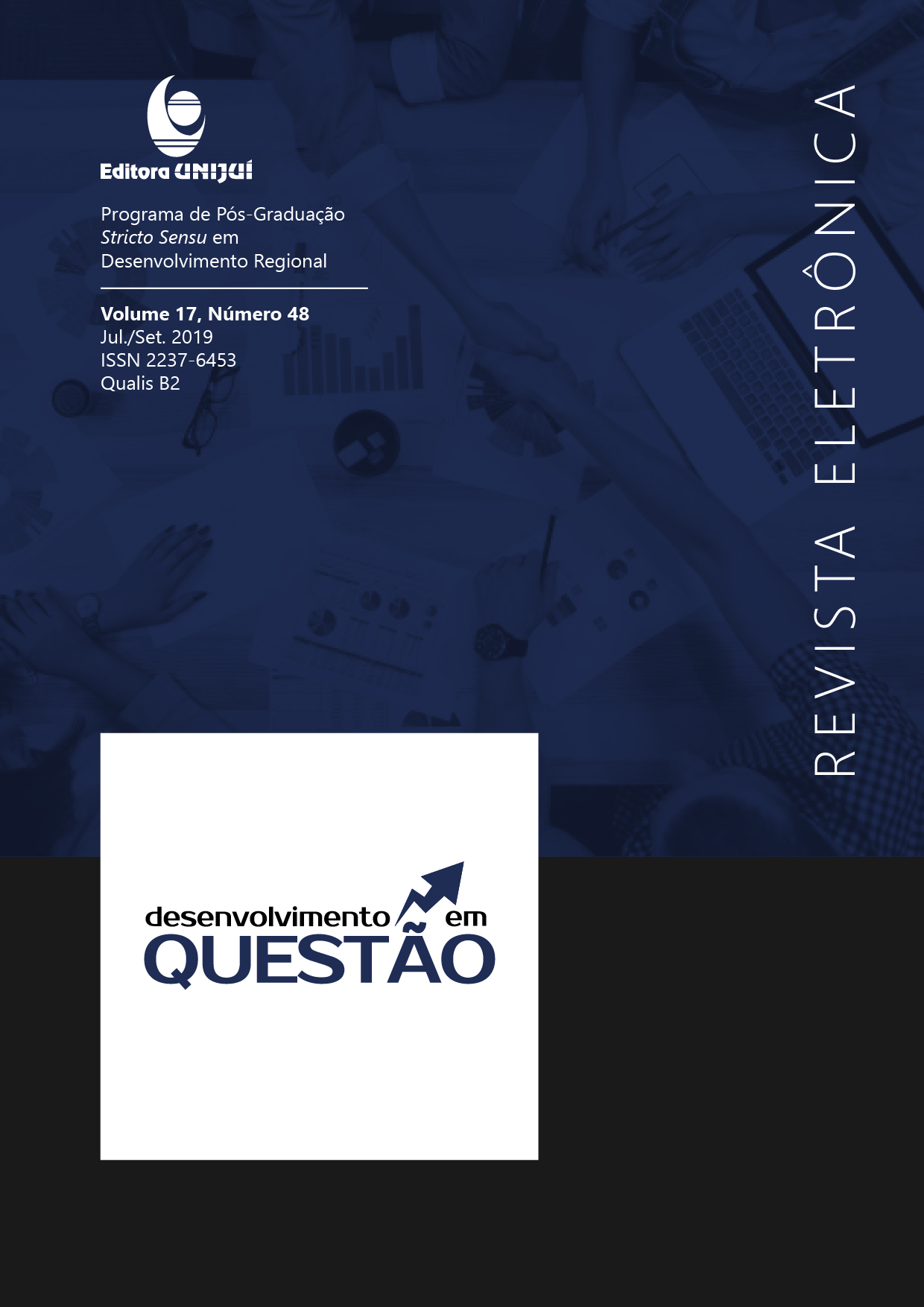An Analysis of Theoretical Constructs about Participation and Social Management
DOI:
https://doi.org/10.21527/2237-6453.2019.48.34-51Keywords:
Social management; Participation; Citizenship.Abstract
The genesis of the concept of social management is a product of the need to establish new benchmarks for public administration, guided by the collective definition of goals and means and by the intersection of values, knowledge and worldviews. Starting from this fact, the article tries to respond the following question: how do some theoretical constructs about participation contemplate the principles of inclusion, pluralism, equality, autonomy and common good, sources of legitimacy of public deliberation and premises of deliberative citizenship? Using the bibliographical research were analyzed the constructs on participation of Nogueira (2005), Arnstein (1969), Bordenave (1983) and Pretty (1995). This work intends to contribute to the strengthening of the conceptual debate on social management, correlating it with different theoretical elaborations associated with participation.
Downloads
Published
How to Cite
Issue
Section
License
By publishing in Revista Desenvolvimento em Questão, authors agree to the following terms:
All works are published under the Creative Commons Attribution 4.0 International License (CC BY 4.0), which allows:
Sharing — to copy and redistribute the material in any medium or format;
Adaptation — to remix, transform, and build upon the material for any purpose, even commercially.
These permissions are irrevocable, provided that the following terms are respected:
Attribution — authors must be properly credited, a link to the license must be provided, and any changes made must be indicated.
No additional restrictions — no legal or technological measures may be applied that legally restrict others from doing anything the license permits.
Notices:
The license does not apply to elements that are in the public domain or covered by legal exceptions.
The license does not grant all necessary rights for specific uses (e.g., image rights, privacy, or moral rights).
The journal is not responsible for the opinions expressed in the articles, which are the sole responsibility of the authors. The Editor, with the support of the Editorial Board, reserves the right to suggest or request modifications when necessary.
Only original scientific articles presenting research results of interest that have not been previously published or simultaneously submitted to another journal with the same purpose will be accepted.
Mentions of trademarks or specific products are intended solely for identification purposes and do not imply any promotional relationship by the authors or the journal.
License Agreement (for articles published from 2025 onward): Authors retain the copyright to their article and grant Revista Desenvolvimento em Questão the right of first publication.











